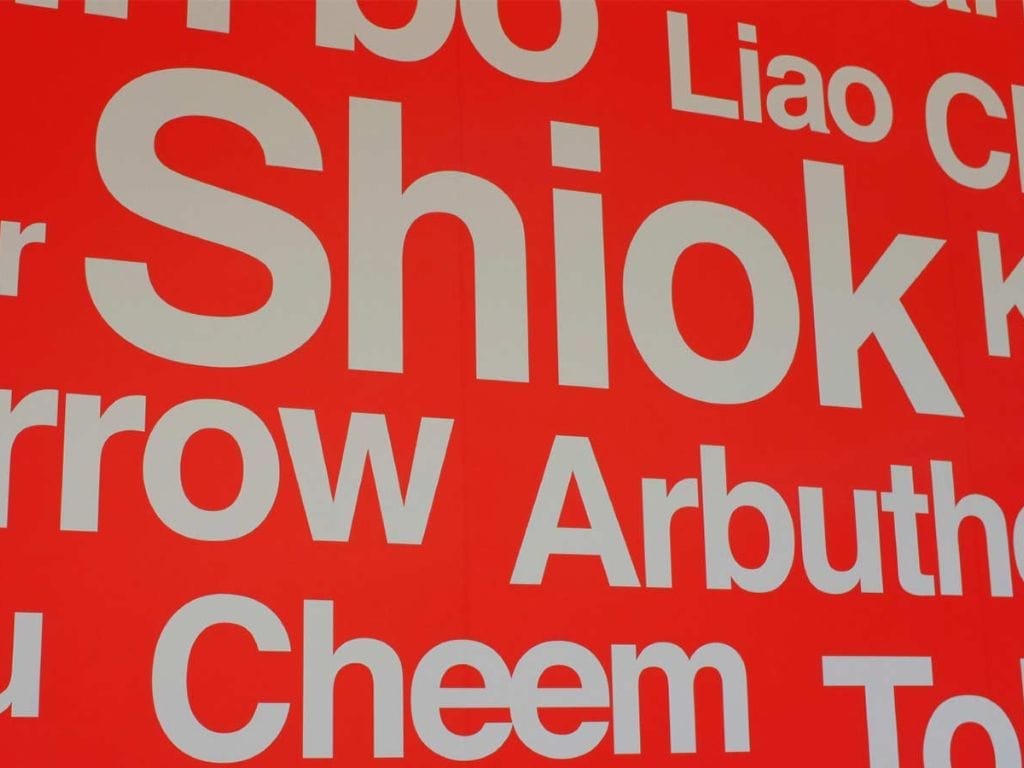10 Singaporean Slang Terms to Know
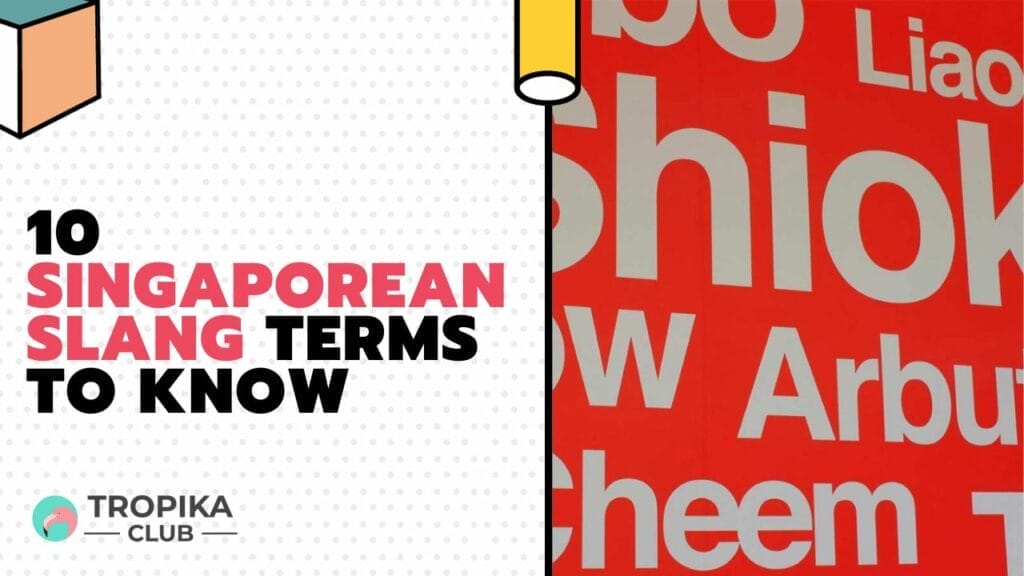
No Time to Read? Here’s a Snappy Summary of This Article
- Unlock Local Lingo: Dive into Singaporean slang, from “lah” to “shiok,” and spice up your conversations with authenticity.
- Lah & Ah: Versatile Expressions: Discover the flexibility of “lah” and “ah” – essential suffixes that add flair to any sentence.
- Kopi Culture Insights: Gain cultural savvy by decoding the intricacies of ordering coffee, where “kopi gao” might become your new favorite.
- Unique Foodie Vocabulary: Navigate hawker centers like a pro with terms like “makan” and “shiok,” celebrating the rich culinary tapestry of Singapore.
- “Chope” Your Spot: Learn the art of “chope,” the unspoken but crucial act of reserving seats in the bustling hawker scene.
- Singlish Unleashed: Embrace Singlish, a delightful blend of English, Malay, Chinese, and Tamil, adding vibrancy to your linguistic repertoire.
Table of Contents
Introduction
Welcome to the vibrant linguistic landscape of Singapore, a city-state where the colloquial tapestry is as diverse and dynamic as its people. This multicultural metropolis is a melting pot of languages, each contributing to the rich, colourful dialect that is Singlish.
In this article, we delve into the heart of this unique vernacular, exploring ten quintessential slang terms that encapsulate the nation’s distinctive blend of cultures. These phrases and expressions, born out of a fusion of English, Malay, Hokkien, Cantonese, and Tamil, are more than just words; they are a testament to Singapore’s multicultural heritage and its ability to create unity in diversity.
So, buckle up and get ready to embark on a linguistic journey that promises to be as exciting as it is enlightening. Prepare to spice up your vocabulary with authentic Singlish expressions that are not just spoken, but celebrated in the Lion City. From the ubiquitous ‘lah’ to the expressive ‘shiok’, each term offers a glimpse into the Singaporean way of life.

1. Lah
The ubiquitous ‘lah’ is the quintessential endnote to sentences for that extra oomph. It’s a versatile particle that can express assurance, exasperation, or just a Singaporean flair. “Don’t worry, lah!” is a phrase that encapsulates the spirit of this linguistic gem, adding a touch of camaraderie and light-heartedness to any conversation.
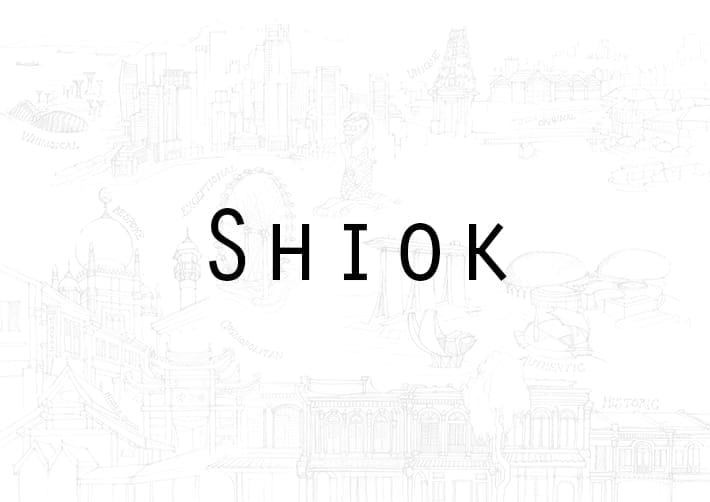
2. Shiok
‘Shiok’ is the go-to expression for describing sheer pleasure or satisfaction. Whether it’s after a delectable meal of Hainanese chicken rice or experiencing the cool breeze on a hot day, ‘shiok’ captures that blissful moment. It’s the sensory high-five that unites Singaporeans in moments of joy.
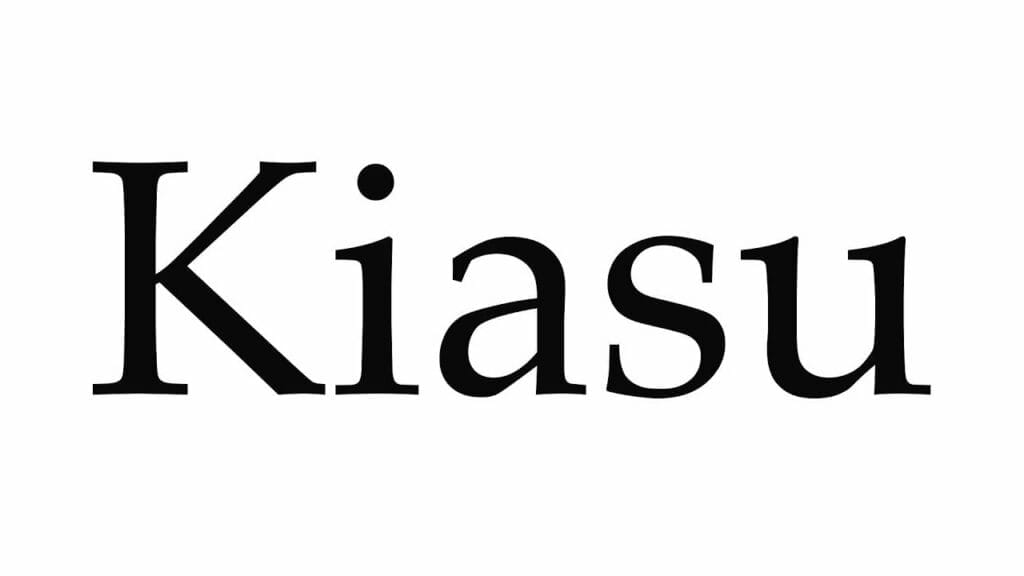
3. Kiasu
A term that’s worn almost like a badge of honor, ‘kiasu’ refers to the fear of missing out, driving Singaporeans to strive for the best deals and opportunities. It’s a competitive spirit encapsulated in a word, highlighting the relentless pursuit of success that is a hallmark of the Singaporean ethos.

4. Sian
When the weight of the humid Singaporean air feels like a metaphor for life’s drudgery, ‘sian’ is the word that sums it up. It’s the sigh of tiredness or boredom that slips out, embodying a momentary feeling of weariness that’s understood by all within the city-state.
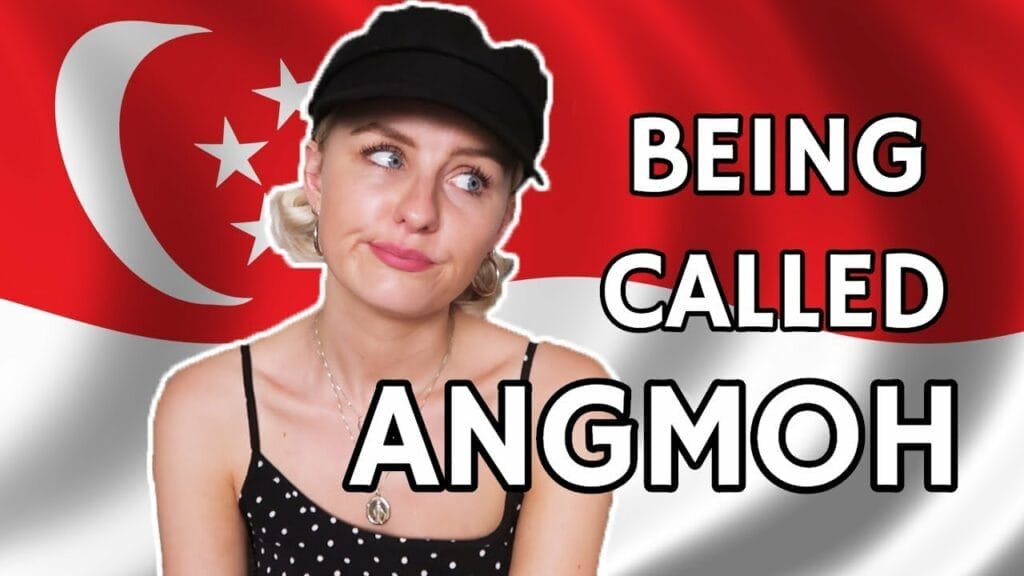
5.Ang Moh
Literally translating to ‘red-haired’, ‘ang moh’ is a colloquial term for Caucasians. It’s a phrase born out of the early encounters with Westerners, and while it carries no malice, it’s a reminder of Singapore’s multicultural tapestry and historical interactions.
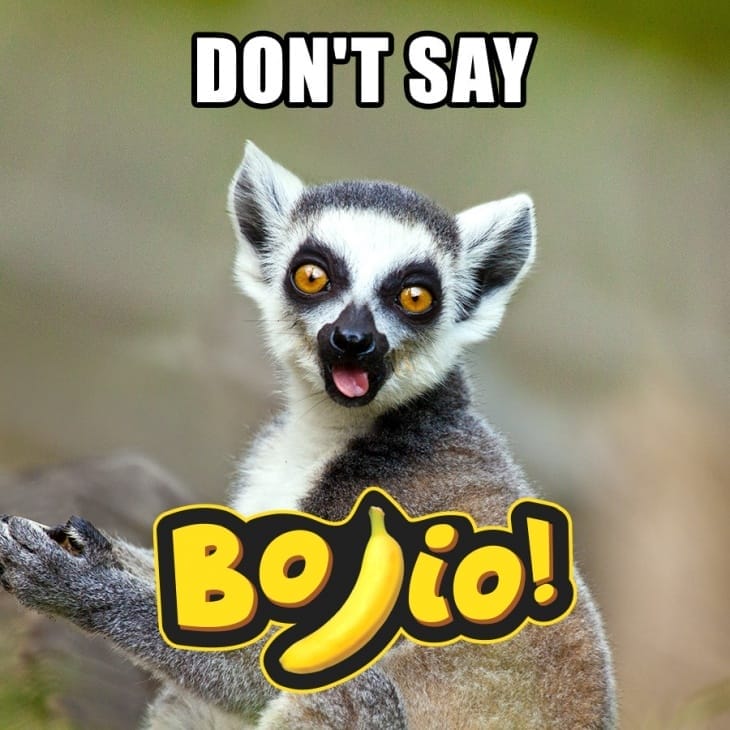
6. Bo Jio
Feeling left out? Then ‘bo jio’ is your phrase. It’s what you say when your friends have gone out without inviting you, capturing that playful reproach for not being called along. “You went to the new cafe, bo jio?” is a common jest that keeps the social circles in jestful spirits.
_
Read Also:
10 Interesting Facts about Singlish You Didn’t Know
_
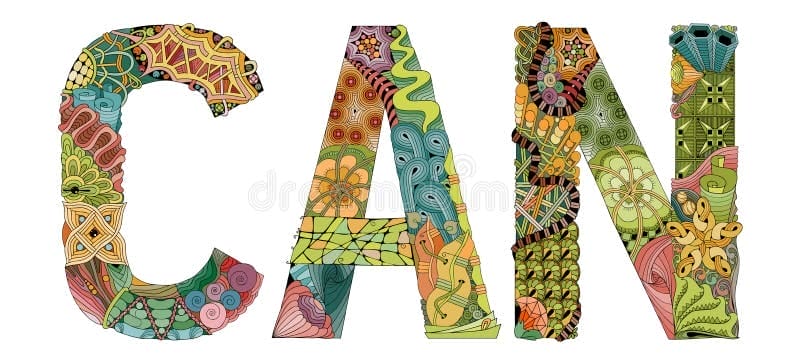
7. Can
Simplicity at its finest, ‘can’ is the affirmative that gets things done in Singapore. It’s the verbal nod that signals agreement or the possibility of a request being fulfilled. “Can help me with this?” is met with a confident “Can!”, showcasing the helpful and efficient nature of Singaporeans.
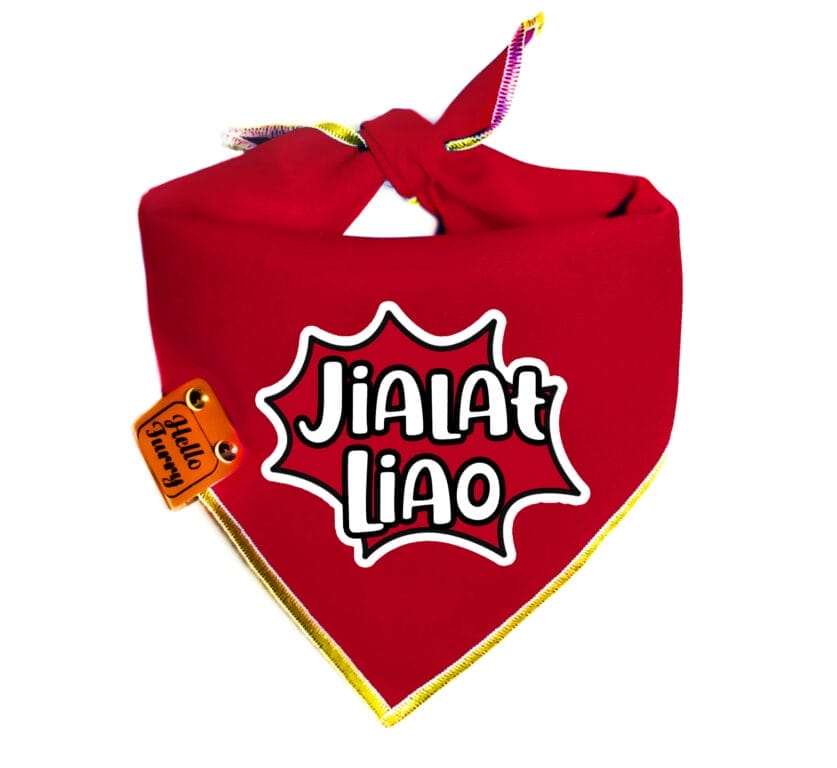
8. Jialat
When situations take a turn for the worse, ‘jialat’ is the term that encapsulates that trouble. It’s the exclamation of difficulty or trouble, often used to describe situations that are less than ideal. From a bad day at work to a sudden downpour, ‘jialat’ expresses that sense of dismay with a local twist.
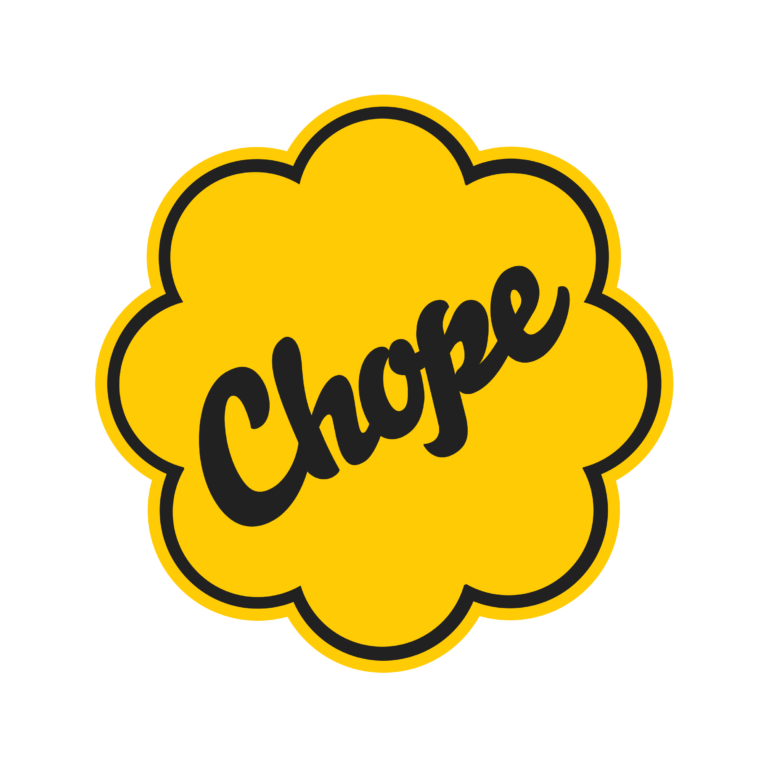
9. Chope
To ‘chope’ is to reserve, and in Singapore, this often takes the form of placing a packet of tissues on a hawker centre table. It’s a practice that’s uniquely Singaporean, a non-verbal agreement that’s respected by all. It’s a quirky yet practical solution to claiming one’s space in a bustling environment.

10. Atas
‘Atas’ is derived from the Malay word for ‘upstairs’ and has come to describe anything that’s considered high-class or posh. It’s often used to tease friends who are acting or preferring something fancier than usual. “Eh, why you eating at that atas restaurant?” is a playful nudge at someone’s upscale choices, reflecting the egalitarian nature of Singaporean society.
Conclusion
As you weave through the streets of Singapore, these ten slang terms will be your cultural compass, guiding you through the nuances of everyday conversations. They’re not just words; they’re the heartbeat of a nation’s identity, a playful dance of language that resonates with the soul of the city. Embrace them, and you’ll find yourself a step closer to the Singaporean way of life.

Frequently Asked Questions (FAQ)
Q: What does “lah” mean in Singaporean slang?
A: “Lah” is a versatile suffix, often used for emphasis or to express casual assurance in conversations.
Q: How can I use “shiok” in everyday language?
A: Incorporate “shiok” to express pleasure, satisfaction, or to describe something enjoyable, like delicious food or a great experience.
Q: Why is Singlish important in Singaporean culture?
A: Singlish is a unique linguistic blend, reflecting the multicultural identity of Singapore and fostering a sense of community.
Q: Can you share a popular Singlish phrase related to food?
A: Certainly! “Makan lah!” is a common phrase, urging others to join in for a meal and celebrate the joy of eating together.
Q: What’s the significance of “kopi” in Singaporean coffee culture?
A: “Kopi” refers to coffee and understanding its variations, like “kopi gao,” enhances your appreciation of Singapore’s rich coffee heritage.
Q: How do I navigate hawker centers using local slang?
A: Master the art of “chope,” a cultural practice of reserving seats, to fully enjoy the vibrant hawker center experience in Singapore.

Have an Article to Suggest?
Tropika Club is always looking for new and exciting content to feature in their magazine and they value the input of our readers. If you have any noteworthy content or articles that you believe would be a great addition to Tropika Club’s magazine, we are open to suggestions and encourage you to reach out to us via email at [email protected]. By doing so, Tropika Club values your expertise and knowledge in the matter and appreciates your willingness to help. We will review your recommendations and update our list accordingly
Meanwhile, Check Out Tropika Club’s Ecosystem of Websites
Tropika Club Magazine – Tropika Club Magazine is a Singapore-based publication that features articles on a wide range of topics with a focus on local businesses and content for the region. The magazine emphasizes supporting local businesses through its #SupportLocal initiative, which includes coverage of everything from neighborhood hawker stalls to aesthetic clinics in town. In addition to highlighting local businesses, Tropika Club Magazine also covers a variety of local content, including beauty, lifestyle, places, eats, and what’s on in Singapore and the Asia Pacific region.



